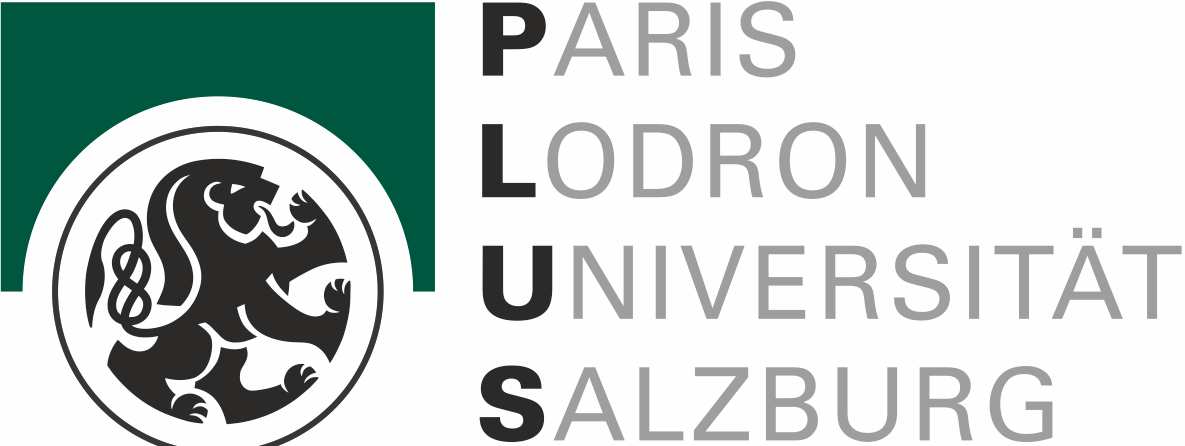The doctoral college in Human-Computer Interaction doc.hci is a joint undertaking of Paris-Lodron University of Salzburg (PLUS) and Salzburg University of Applied Sciences (SUAS). The 4-year project started in 2022 and is funded by the Austrian Science Fund — FWF. It combines expertise on research with the expertise of transferring insights into real-world contexts within the scientific discipline of Human-Computer Interaction. Through the empirical work conducted in five PhD projects, which are situated in diverse fields of action (Mobility, Health, Play, Education & Work), this program aims to provide theoretical, methodological as well as practical contributions considering the highly complex and interwoven human-technology relations.
How Interwoven Are People With Technology?
Five doctoral students are investigating this question as part of the doctoral programme *doc.hci: Designing Meaningful Human Technology Relations* funded by the Austrian Science Fund FWF.
This doctoral programme combines basic and applied research in the scientific discipline of Human-Computer Interaction (HCI) with the aim of exploring the deep interconnection between people and technology. It includes a specific training programme and is embedded in an international network.
This research embraces “Entanglement HCI”, a paradigm that dissolves boundaries between use and non-use, human and non-human, and context and interaction. The program acknowledges the interconnectedness of human behavior and digital technology, guided by concepts like entanglement theories and new materialism.
The growing awareness in Human-Computer Interaction (HCI) that people and technologies are inextricably intertwined requires a reformulation of theoretical and methodological foundations to advance research and design. The individual findings of the doctoral students will be put in relation with each other in order to draw conclusions for these foundations. Further cross-cutting themes arise from an ethical claim, namely that of conducting a discourse in research and development on the consequences of technologies and responsibility or those who are responsible. For the doctoral students, this means that questions of sustainability and diversity are central to their research work.
Over the course of 4 years, the students will deal with the above mentioned topics and questions, conduct studies, develop design concepts and implement prototypes. In addition, they will be supervised by teams consisting of researchers from PLUS and FHS. The doctoral programme is rounded off by a large number of courses and seminar weeks specially designed for the doctoral students.
Research Goals
The doctoral program aims to explore the theoretical, methodological, and practical implications of evolving HCI, focusing on concrete implementations of designed technologies within complex socio-material relations.The research aims to conceptualize the relationships between humans and digital technologies within a socio-material world, design desired technological futures, and holistically assess the impact of digital technology on humans, society, and the environment. The projects are diverse but ground them in specific real-world fields of action.
The overall research agenda of doc.hci is implemented in five PhD projects, which are tied together by five cross-sectional research themes. While the projects are intentionally diverse, they serve as cases for cross-sectional themes and the following overarching questions:
- Theory: How can we conceptualize the relations between humans and digital technologies within a socio-material world to account for the complexities of their interwoven interdependencies?
- Methodology: How can we design desired technological futures and future interaction materials within these interwoven realities in which we shape technology that shapes us in return?
- Evaluation: How can we holistically assess the impact of digital technology on humans, society and our environment with a view on responsibility and sustainability?
These five projects share features that uniquely position them as cases to investigate the overarching research questions. Their goal is to develop a relational and performative perspective on human-technology relationships in HCI, leading to desirable technological futures. The projects are grounded in real-world fields of action and are motivated by the interdependency of human and non-human actors, recent technological innovations, and questions about sustainability, ethics, desirability, and other consequences of interactions.



